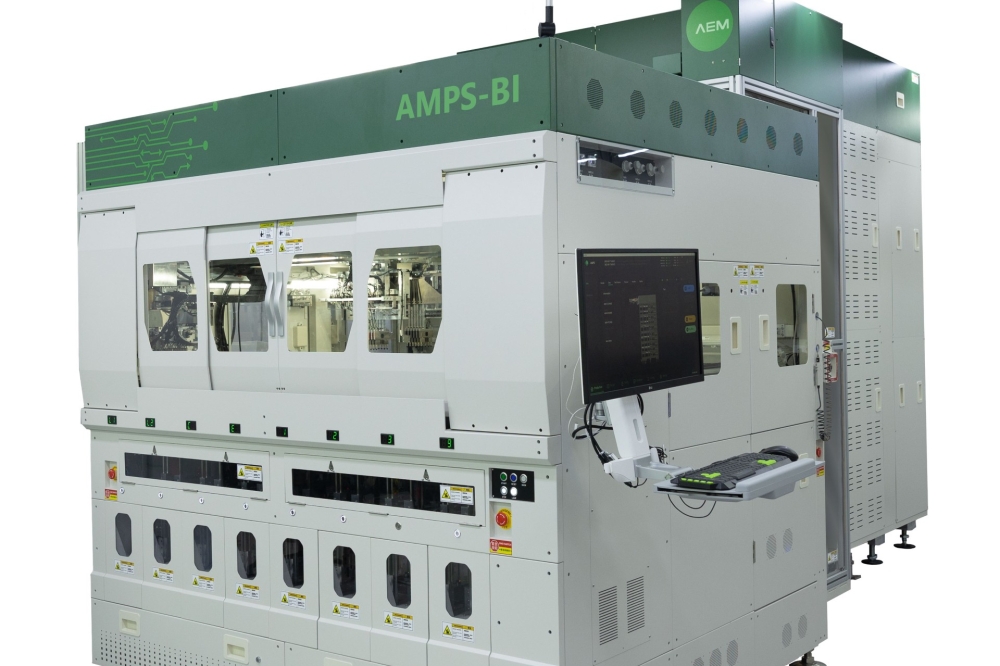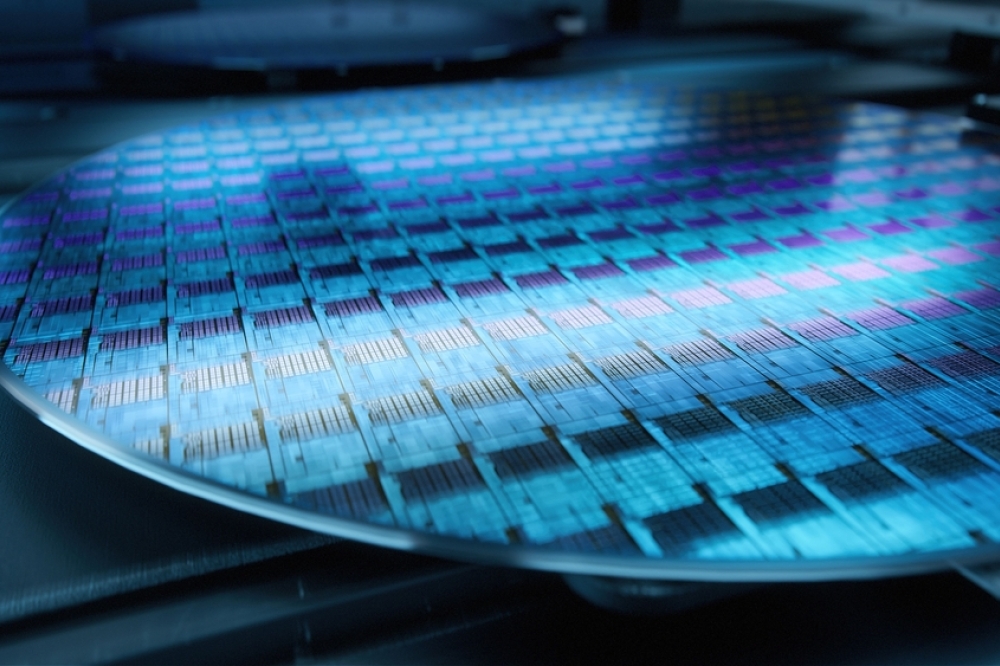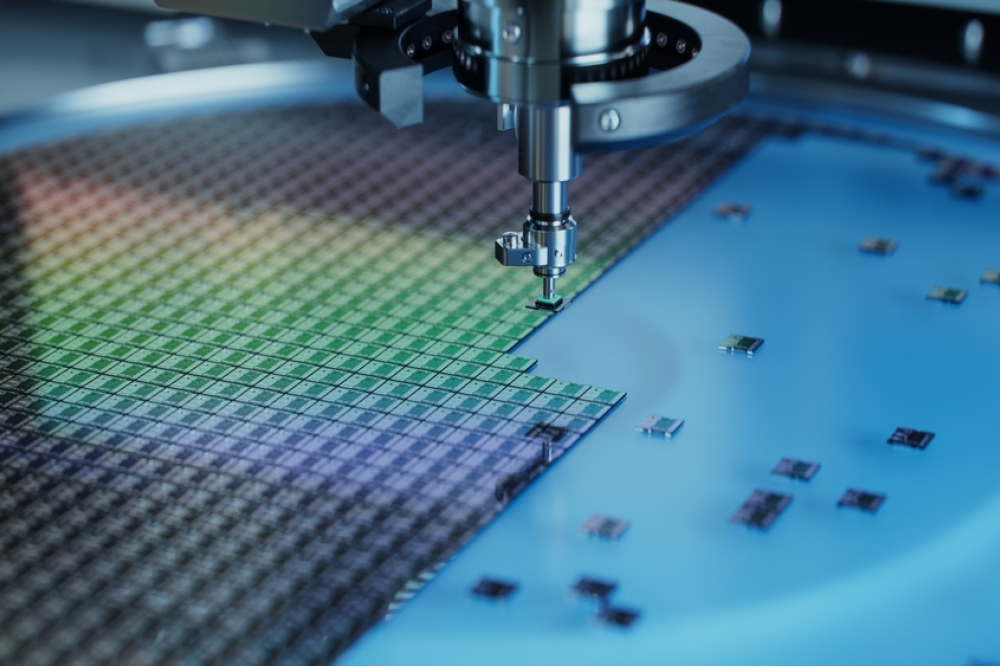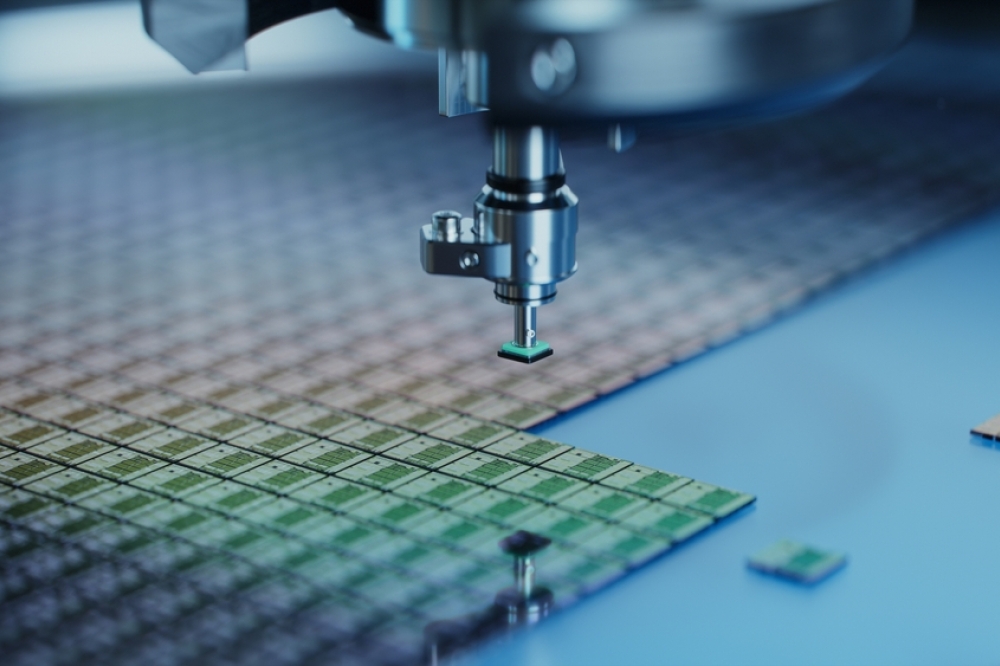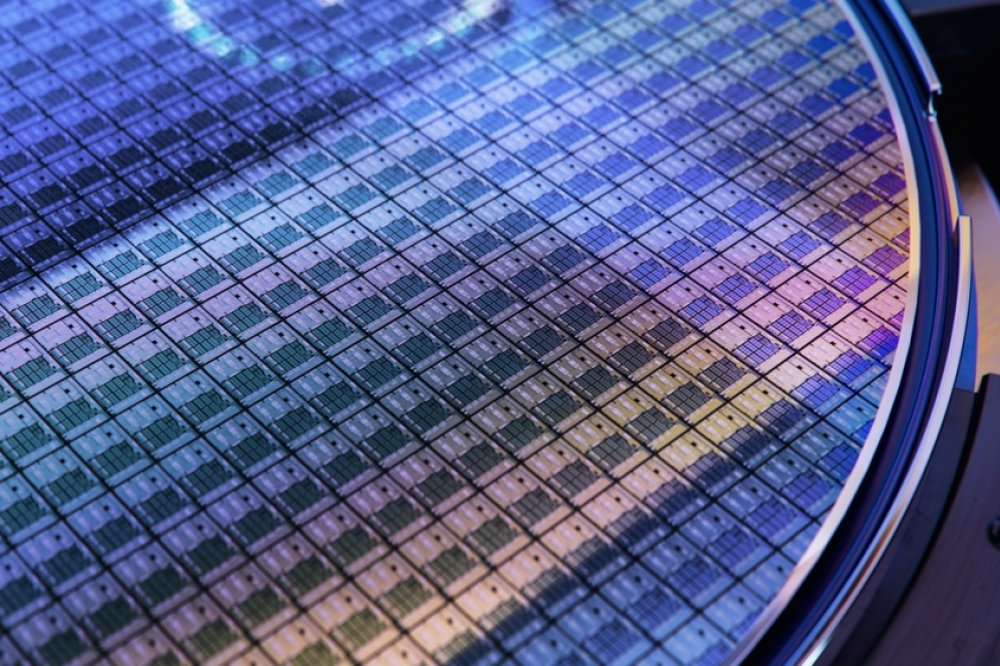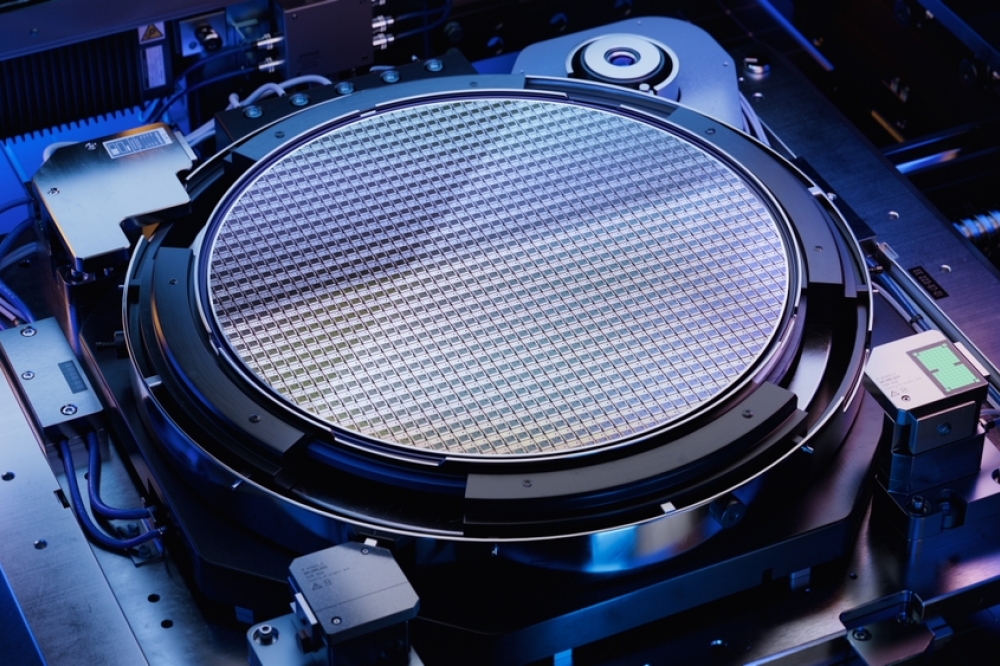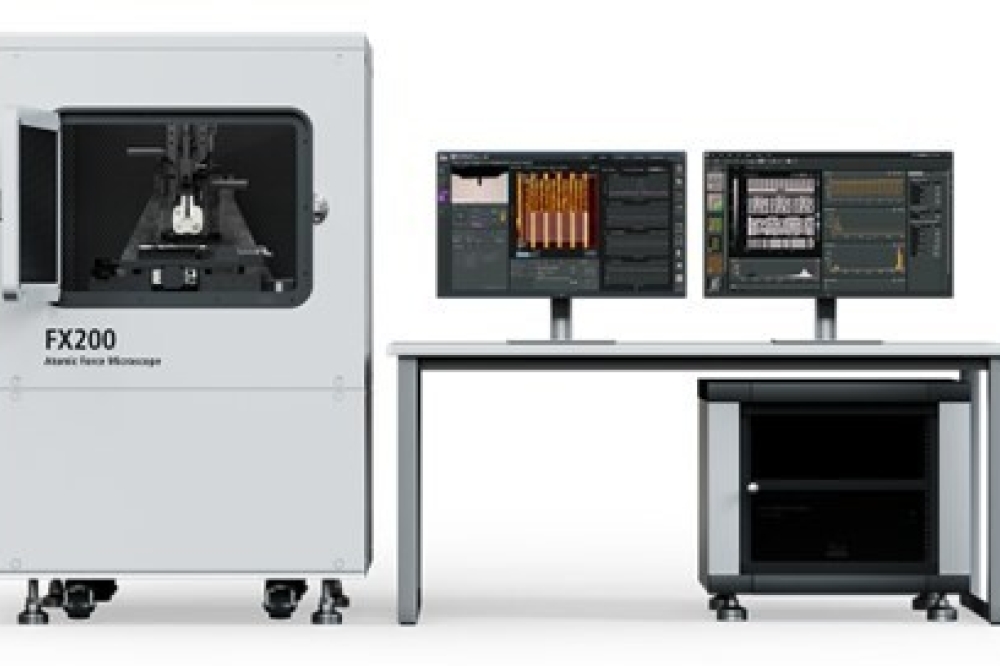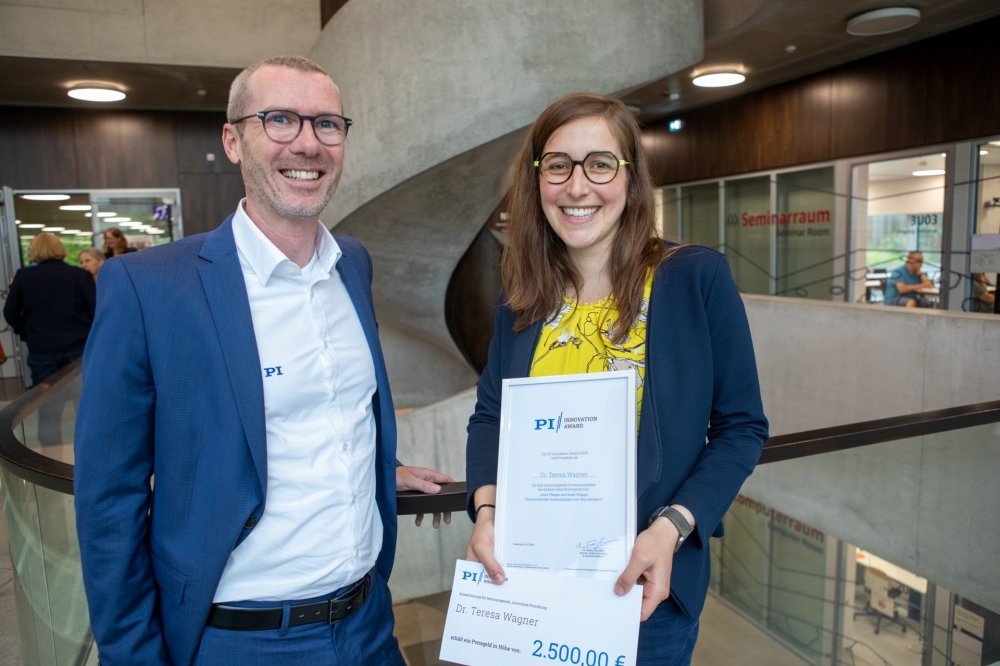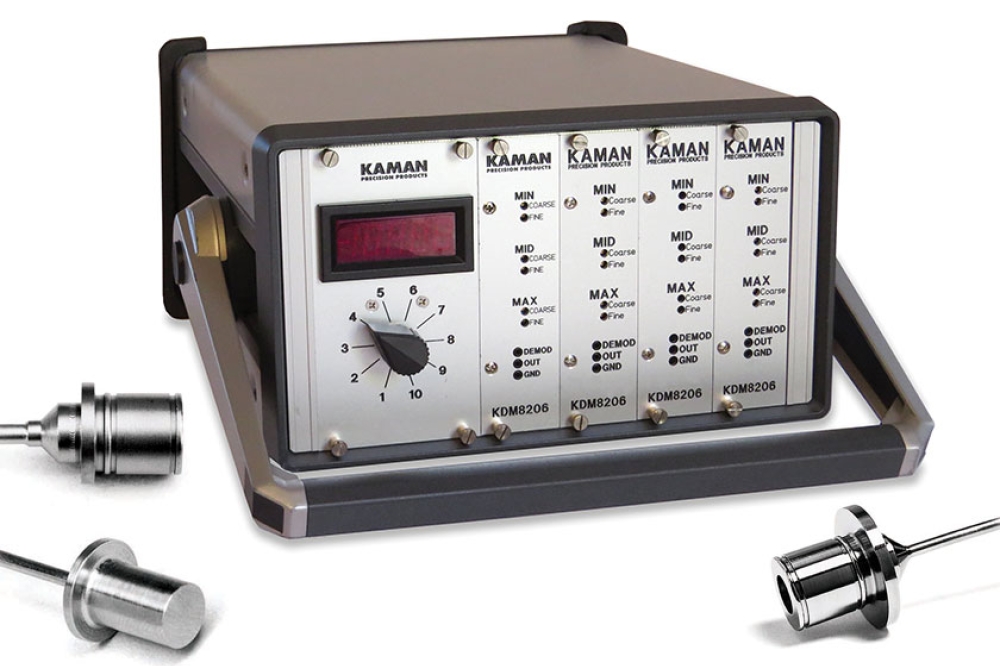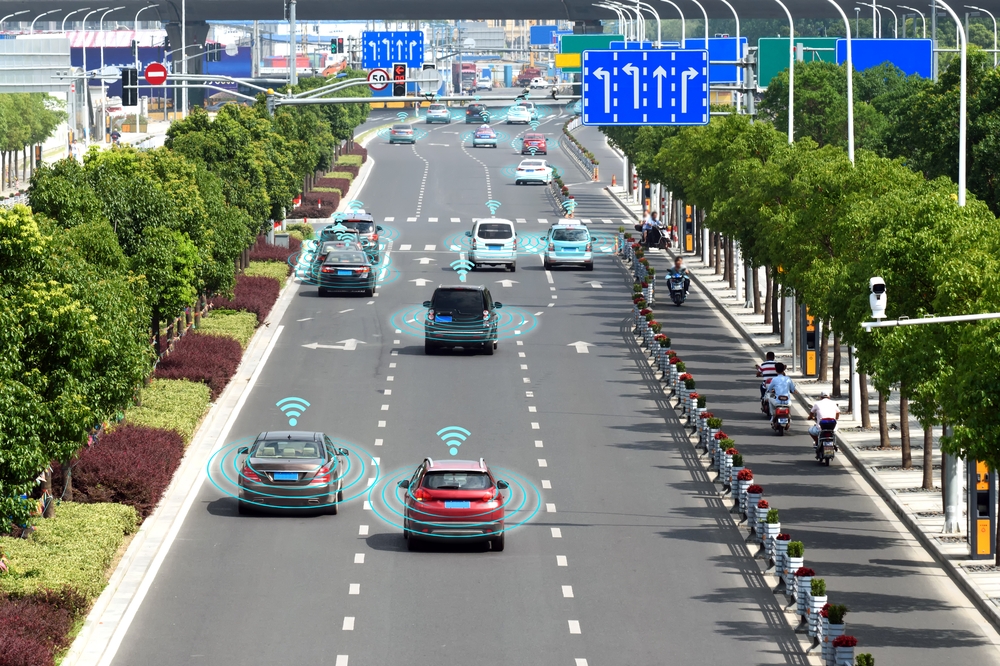A material sensor in every pocket?
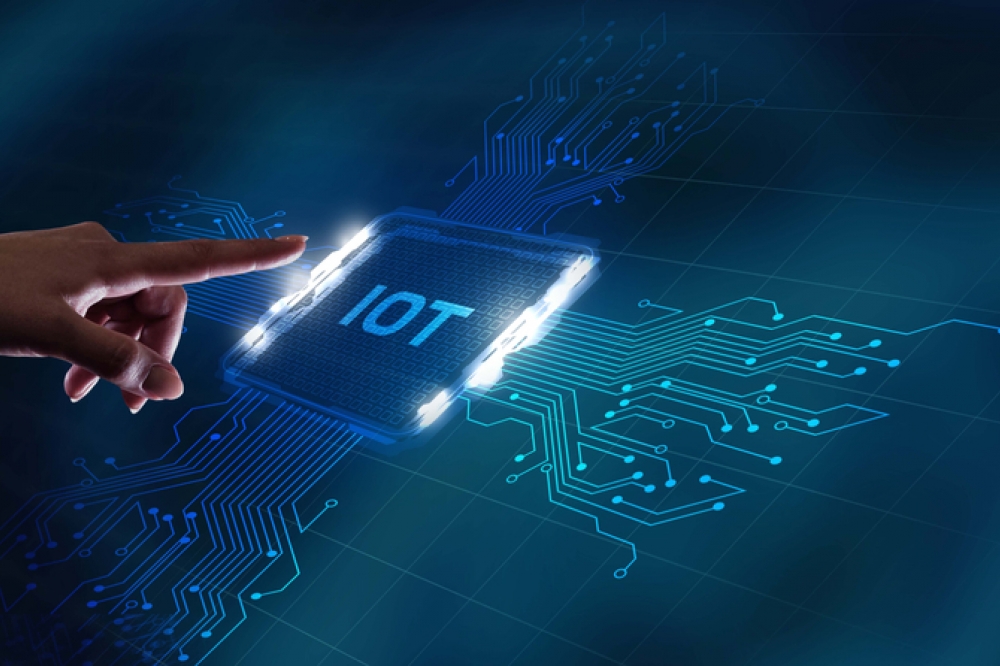
MantiSpectra wins prestigious Hermes Award in recognition of its breakthrough ChipSense device.
Spectral sensor technology company MantiSpectra has won the Hermes Award at Hannover Messe in Germany for ChipSense - a spectral sensor on a chip.
ChipSense enables the creation of novel material sensors that are 1000 times smaller and up to 50 times cheaper compared to standard industries. Chemical analysis is used by a huge number of industries from quality control in food production to drug analysis in law enforcement. However, it is an expensive and time consuming process as samples often need to be sent to specialist labs for analysis. MantiSpectra enables businesses to undertake their own analysis using portable devices.
By using integrated photonics, MantiSpectra has been able to significantly reduce the size of material sensors while also slashing costs. Traditional devices can cost on average €50,000, MantiSpectra believes it will eventually reduce the cost of a sensor to less than €10 - enabling mass adoption in the consumer market. For example, incorporating material sensors into smartphone cameras. Lower costs will also facilitate widespread incorporation of these sensors into robots, opening the door for smarter logistics and automated tasks - such as crop harvesting.
MantiSpectra, which is backed by photonics ecosystem creator PhotonDelta, has been quickly adopted by a range of industries including food and beverage, smart agriculture, recycling and law enforcement. ChipSense is now being used by three of the top ten beverage companies in the world, a number of Fortune 500 companies, and has entered trials with the Dutch National Police. The Hermes Award, which was presented by Germany's Minister of Education and Research Bettina Stark-Watzinger, is further recognition of MantiSpectra’s breakthrough and its potential impact on a huge number of industries.
Maurangelo Petruzzella, Managing Director at MantiSpectra, said: “Winning one of the EU’s most prestigious industrial prizes confirms the huge potential of ChipSense. People may not realise it, but being able to analyse materials is a fundamental part of nearly every industry. Making this process cheaper and the devices much more portable emparts substantial efficiency gains and opens the door to a lot more automation and innovation.
“ChipSense perfectly encapsulates the power of integrated photonics - without it we would not have been able to create such a powerful, compact and affordable device. The most exciting innovations are yet to come - we will be able to make even smaller and cost-effective devices which will lead to applications right across the consumer market. We should think about the potential impact in the same way GPS devices evolved from only being available in specialist labs, then certain industries, before finally becoming available to every consumer.”


